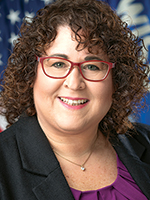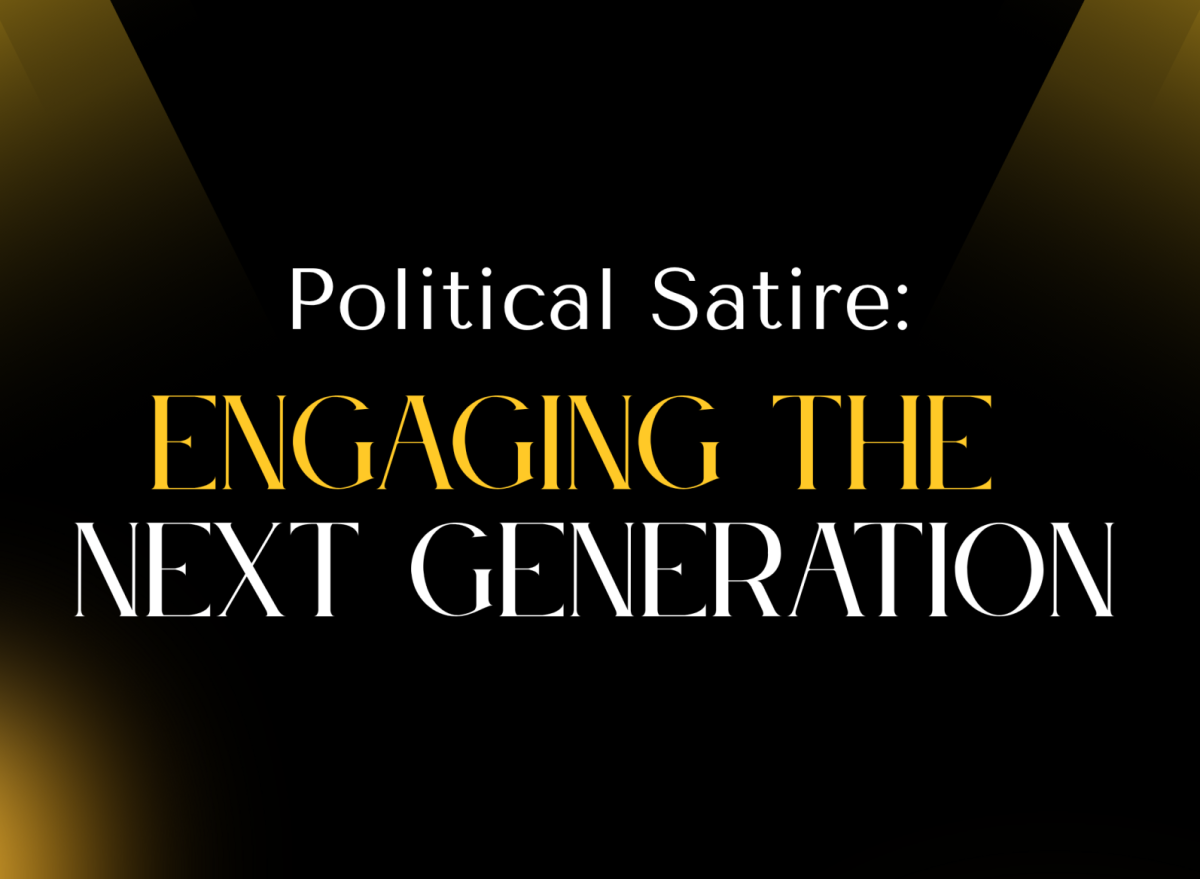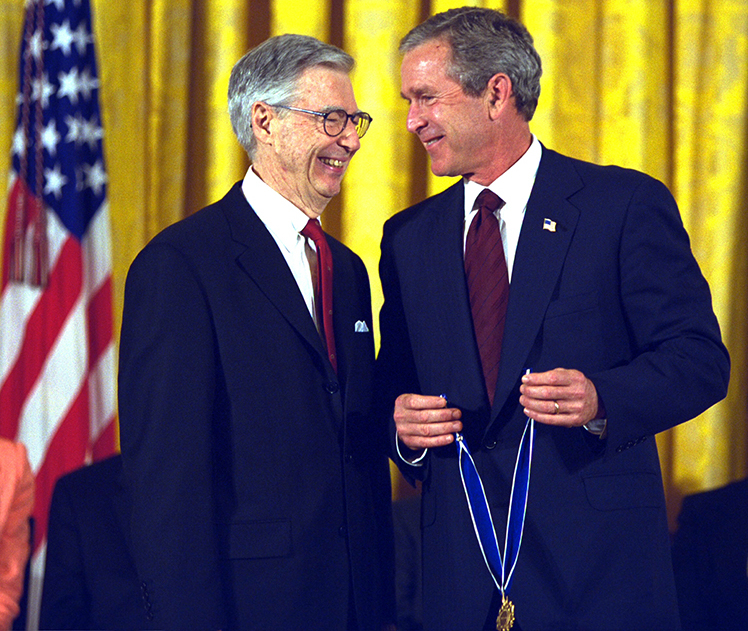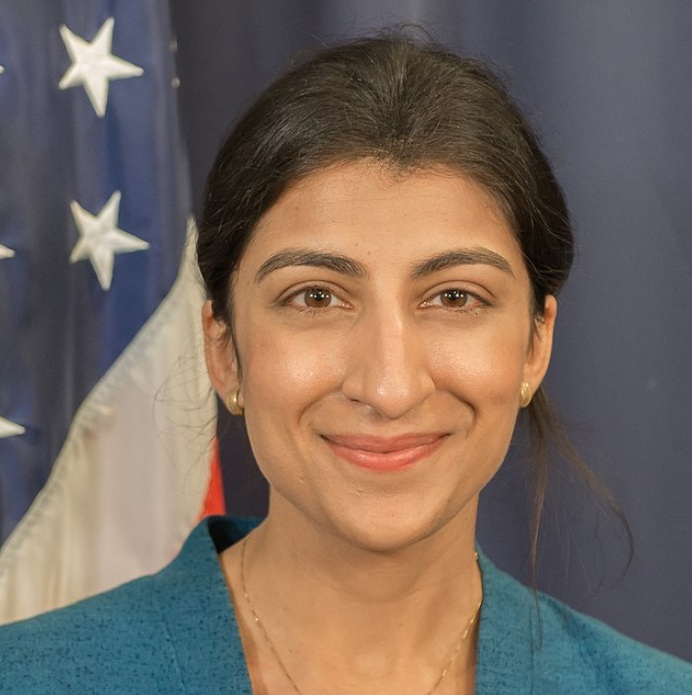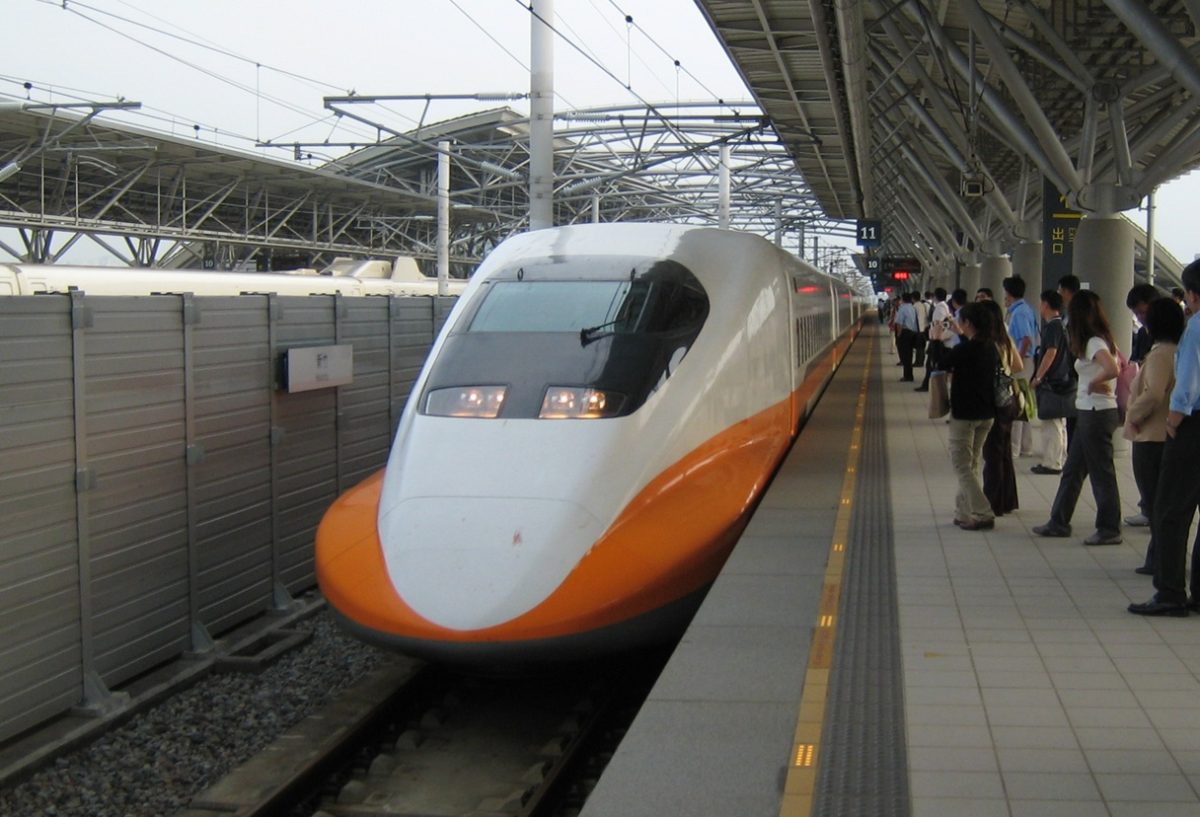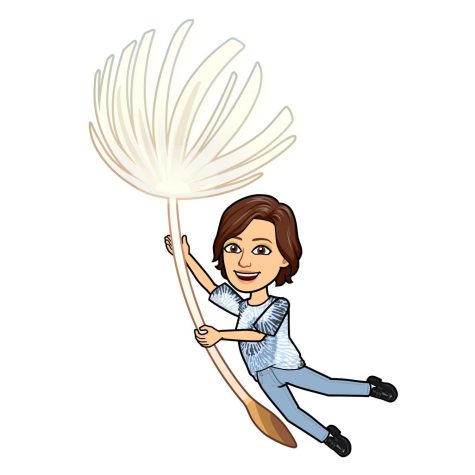On March 18, I sat down with Wisconsin State Representative Lisa Subeck, who serves as the Assembly Democratic Caucus Chair. We discussed Wisconsin politics and the influence youth voting has on it.
This conversation has been lightly edited for flow.
How did you get into politics?
I actually came into politics late in my career, actually started out in early childhood education and worked with early Head Start and late Head Start programs for families, with children who are living below the poverty line. And so, I began to work with a lot of homeless families and became really interested in housing issues. I worked in social work for a while, doing particularly housing and homelessness with families. And the more I did that work, the more I became frustrated with policies that didn’t serve people well. I was working with families that didn’t seem all that different than myself and just didn’t have the same opportunities I did, and I can help them get what they needed by navigating broken systems. But at the end of the day, it was like starting over with each new family that I worked with. It reached a point where I thought, instead of helping people navigate broken systems I wanted to work to change those systems. I started out doing policy advocacy work, and I was the director at Napalm pro-choice Wisconsin, where I worked a lot on women’s health advocacy, and I spent a lot of time at the state capitol, being really interested in being on the other side of the table. I served for [the Madison Common] Council, and now I serve for the state.
What’s the political sphere in a swing state?
We are incredibly divided in many ways. I’m in Madison, which is a super progressive city in many ways, but as far as the state goes, our state government is really divided. We have, currently, a Democratic governor, but we have huge Republican majorities in both the House and Senate. Interestingly, that’s about to change. We have, over the past decade, had some of the most gerrymandered legislative districts in the country, and we now have a court ruling that enables us to redo the maps, so now I think we’ll change. It’s a really exciting time in Wisconsin. Obviously, with the presidential race, there’s a lot of attention here. We also have one of our senators up for re-election, Tammy Baldwin, and she is one of the most progressive senators in Washington, D.C., and what’s really interesting is we are also represented by one of the most conservative, Trump-loving senators in D.C., Ron Johnson. So having Tammy on the ballot, as well as being a swing state in a presidential race, is going to be a very exciting several months here.
Did you see a shift in the Wisconsin house in terms of political beliefs when Biden was elected?
I think that our shift in the legislature happened before that, and a lot of it happened after the 2010 election. And that was when our map got so gerrymandered, Republicans had a small majority but drew themselves a really big majority. So we became a sort of laboratory for more extreme Republican policy, and our former governor Scott Walker was at the forefront of really regressive policy and has now jumped on the Trump train. I do think that both Trump’s election and his defeat created more divide within both our legislature and our politics as a whole. Particularly within the legislature, I think we’ve seen people more aligned with their party, and less with a center. You don’t see a lot of moderate Democrats or moderate Republicans getting elected. It seems that we see more very conservative Republicans, or very progressive Democrats.
What about on the youth turnout side? How is youth turnout in Wisconsin?
It’s gone up and down over the years. I think that having candidates that really motivate youth voters, and even more than that, having issues that really motivate youth. I think that a great example, which everyone is looking at, is the Dobbs decision. When Roe v Wade was overturned, we were heading into a midterm election where we re-elected our Democratic governor. But we also, since then, had a spring election where we had the opportunity to re-elect our Supreme Court. That’s not normally a space where you see a lot of turnout in general. It’s a weird time of year and it’s a non-partisan race. But we actually saw a huge number of turnout, polling places were packed, especially on college campuses, which doesn’t normally happen in a spring election. I think that, as one might expect, when we started hitting on issues that are important to young people, they started showing up and voting more and really getting involved. They started organizing, because people don’t just show up to vote, it takes campus organizers who are connecting with people. Even in high schools, where people who are 18+ are eligible to vote, we saw actual organizing, which we don’t always see. I think that, as issues that are particularly salient to young people reach the forefront, that’s when we see a surge in youth voting.
When you see a surge in youth voting, does that change the behavior of politicians?
I hope so. One of my frustrations has been gun policy. People say ‘Wisconsin’s a hunting, sporting state, so therefore we can’t pass gun laws’ and like no, right? People who are responsible gun owners, who are hunting and sporting want responsible gun owners to lock up their guns. They don’t want people who shouldn’t own a weapon to have one. I use this as an example because we hear a lot about this from young people. When you see kids doing lockdown drills, like we didn’t have lockdown drills when I was a kid. We had nuclear bomb drills, which might be weirder, but I look at that and think that we are hearing from young people and I do think, particularly among my Republican colleagues, that it’s fallen on deaf ears. I think that the more young people show up and vote, the more we have to listen to you, and that’s a really good thing. Ultimately, politicians care most about those who vote. If that’s the demographic that’s voting, it really forces us to be more accountable to those in our communities.
Do you think that there’s anything else I should know?
I think that youth voting is something that we should be working on from the backend. I made some legislation this year that would have brought voter registration into our high schools had it passed. So that would mean making students able to register to vote at school, and there would be information shared, and there would be a curriculum around it. I think that there’s a lot of work we can do on these sorts of things before you’re even eligible to vote so that you become a voter from day one. I mean, I know that the presidential race was the first time I voted. Nobody had ever talked to me about local government or state government. I didn’t know what that all meant. And I think that if we do a better job of that, with young people, through our education system, they will be voters from day one, which is good for our democracy and for our communities.


